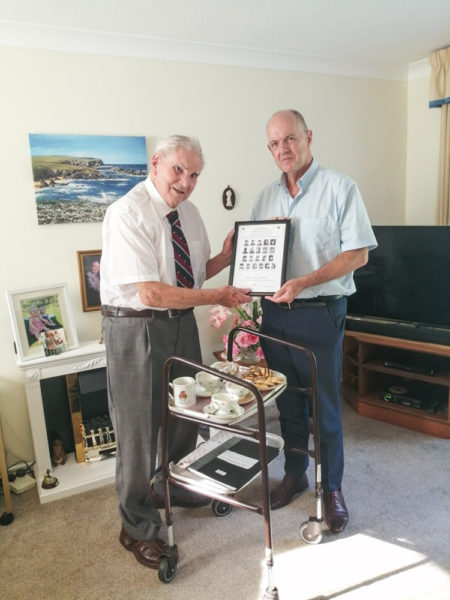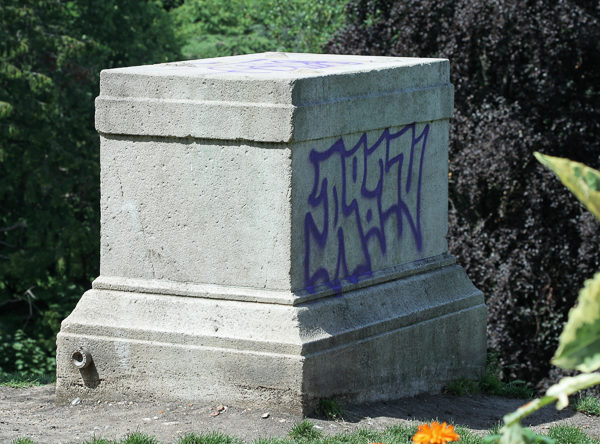Five years ago, I wrote a short blog entitled, The Last Train Out of Paris. I never heard from anyone about that blog until 19 June 2020 when Pat V. e-mailed me about her father, Squadron Leader (ret.) Stanley Booker, MBE. While my blog never mentioned any Allied airmen, it seems Stanley enjoyed reading it ⏤ he was one of 168 captured airmen on that last train out of Paris on 15 August 1944.
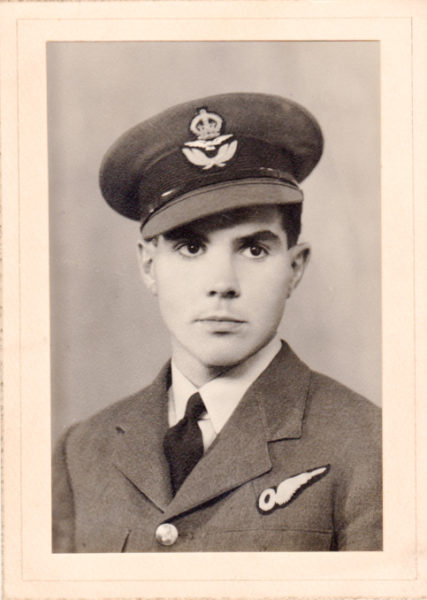
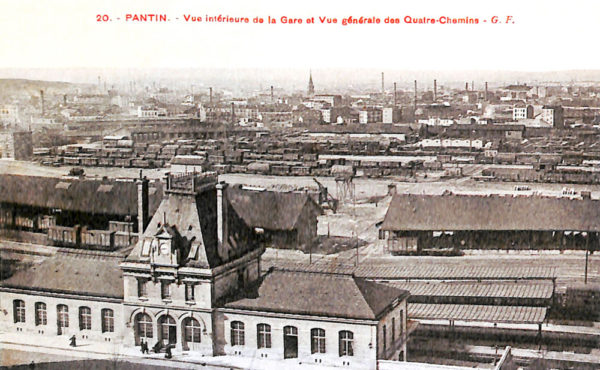
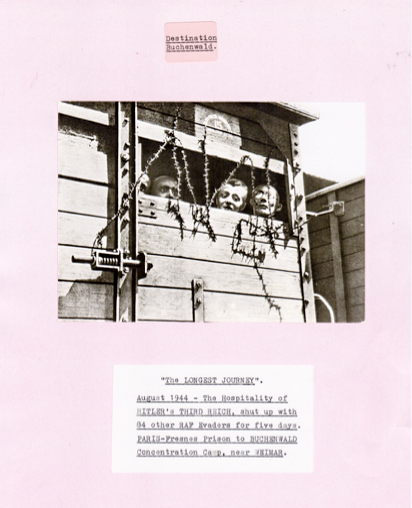
This has led to a lot of discussions over the past several months with Pat about her father’s war experiences. They live in the UK and Stanley is ninety-eight years young. The reason the story about these men didn’t make it into the original blog was, frankly, I didn’t know about it ⏤ well, now I do. One of Pat’s questions in her original e-mail was whether I knew about Jacques Désoubrie and who his German superior might have been. Her last words in the e-mail were “Can you help please?” I couldn’t resist and quickly entered yet another rabbit hole. Once I came up for air, I had Désoubrie’s story, an idea who he reported to, and I knew I had to repost the 2015 blog albeit in an expanded manner with an abbreviated story about Stanley’s experiences. Stanley wrote a privately published version of his wartime escapades and Pat is completing the book as well as expanding on his post-war exploits ⏤ Stanley’s interesting life didn’t just end with his eventual retirement from the Royal Air Force.
